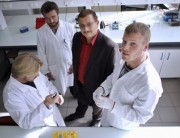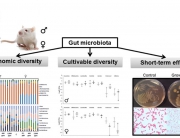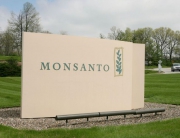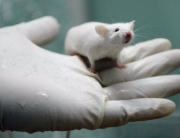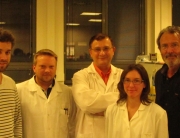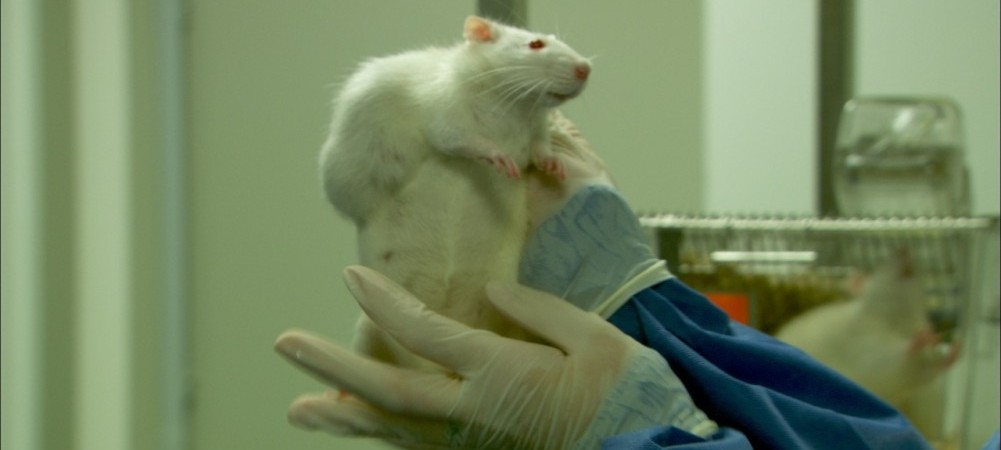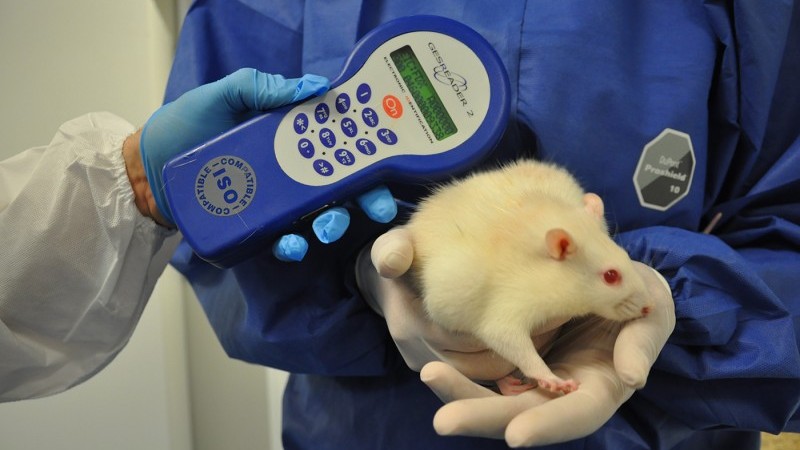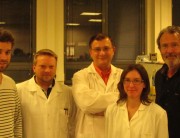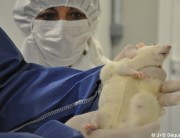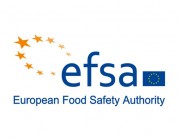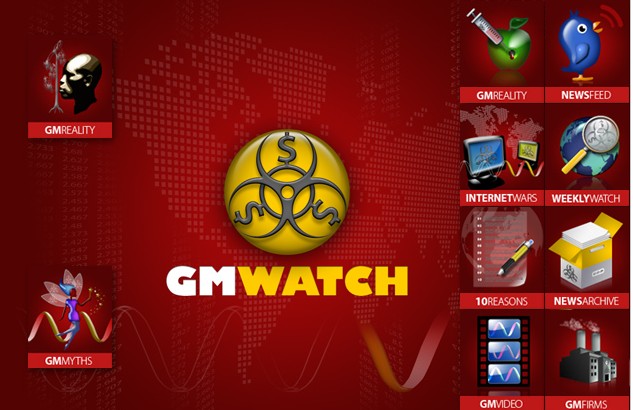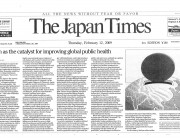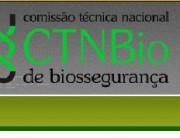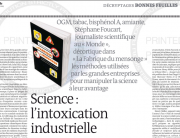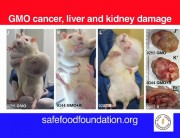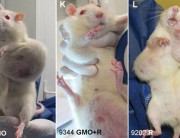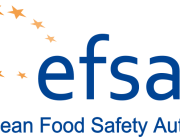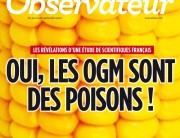Growing up with the aspiration of becoming a scientist, I was told that those who pursued this occupation held themselves to higher ethical standards than other vocations.
However, during the last year the scientific community has been rocked by a series of scandals, suggesting otherwise. The largest-ever number of publications have been retracted because of fraudulent data, and 47 of 53 cancer studies published in prestigious journals could not be reproduced by a team of experts.
By David Schubert
Source: www.utsandiego.com
The latest scandal has even greater implications for world health. The major vehicles through which scientific information is disseminated are journals. Submitted manuscripts undergo a peer review process, and if the experimental data appear significant and valid, publication proceeds. During the last few weeks this process has been corrupted in a new way, jeopardizing our ability to assess the safety of our global food supply.
Most of the corn and soy in the United States is genetically modified (GM) to be resistant to the herbicide Roundup, developed by Monsanto. Roundup is a mixture of chemicals, including the active ingredient glyphosate as well as surfactants that allow glyphosate to get inside the plant. The herbicide cannot be washed off, as commonly assumed. The use of Roundup has increased tenfold since the appearance of GM plants, and the Environmental Protection Agency increased the allowance of glyphosate in food. It is now found in human blood.
Gilles-Eric Seralini published a study in the Journal of Food and Chemical Toxicology showing that Roundup-treated GM corn as well as the herbicide itself increases cancer in rats. As with all publications that demonstrate the potential health risk of GM plants, this one drew immediate, venomous criticism from plant biotechnology scientists, leading to its recent retraction by the journal editors, and erasing an important study from the scientific literature. Most importantly, the retraction is being used to promote GM foods by throwing into doubt a study that supports concerns about GM food safety.
Was there any justification for retraction — and how does this action reflect upon food safety?
The major criticisms of the Seralini manuscript were that the proper strain of rats was not used and their numbers were too small. Neither criticism is valid. The strain of rat is that required by the FDA for drug toxicology, and the toxic effects were unambiguously significant. In fact, Monsanto published a similar study in the same journal eight years before using the same number and strain of rats. Their study was for 90 days and claimed no harm. In contrast, the Seralini study was for two years and did not see any tumors until after nine months. Therefore, it is clear that the short 90-day feeding paradigm is not sufficiently long to detect the carcinogenic effects of GM products. It takes a long time before low-level exposure to environmental toxins affect health. For example, a recent Associated Press report documented the dramatic increase in birth defects and cancer in areas of Argentina that have grown GM soy for a decade. Given these facts, what was the justification for the editorial decision to retract the Seralini manuscript?
The editors claim the reason was that “no definitive conclusions can be reached.” As a scientist, I can assure you that if this were a valid reason for retracting a publication, a large fraction of the scientific literature would not exist. A committee on publication ethics states that the only reason for retraction is misconduct (data fabrication or honest error), plagiarism, or redundant publication. The editors stated that none of these occurred with Seralini.
However, before the retraction of the Seralini paper, a former Monsanto scientist was brought into the journal as biotechnology editor. Therefore, a combination of intense pressure from scientists and a new pro-industry editor led to the elimination of an exceptionally important study.
I am convinced that there is significant evidence, like that presented by Seralini, that some GM foods are hazardous to human health. In order for data supporting this possibility to enter public discourse, scientists must place their ethical responsibilities above corporate profits and cease their continual assault on the science relating to GM safety. The protection of scientists’ right to publish their findings without censorship or retribution must be preserved.
Schubert, Ph.D., is a professor with the Salk Institute for Biological Studies.












